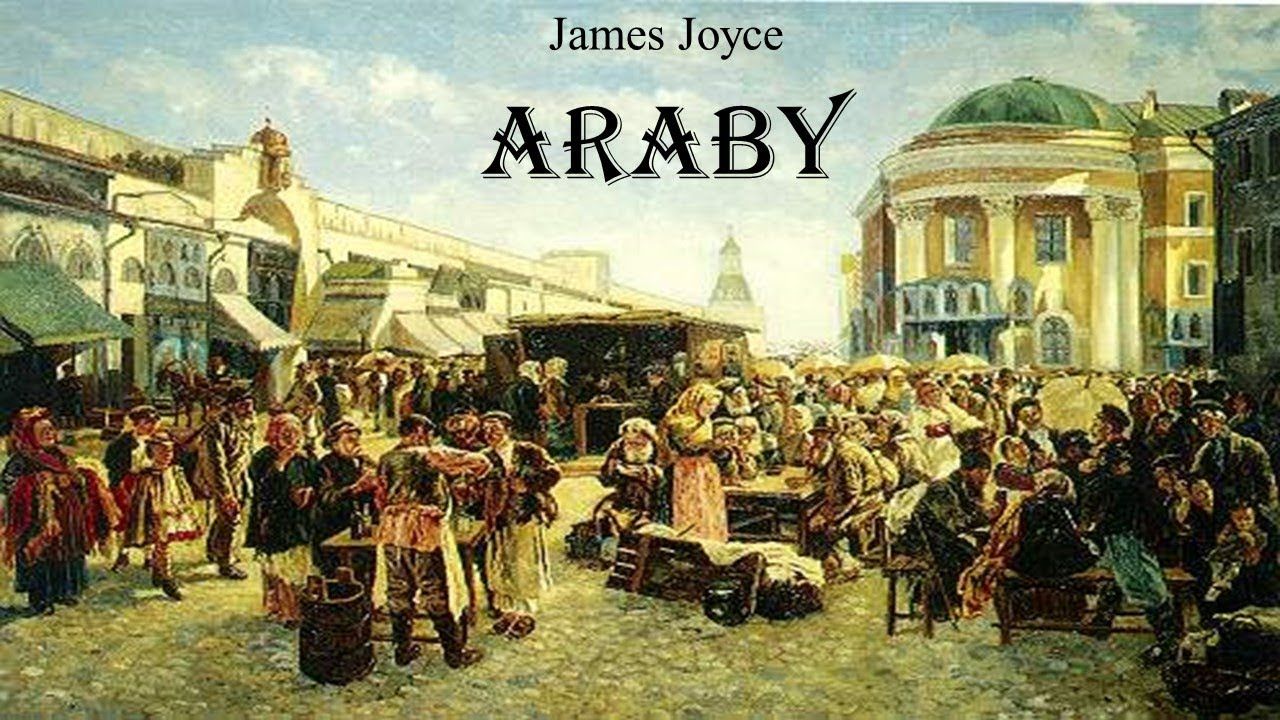James Joyce's Araby: the shock of waking up
Written by: Hazy

Araby is James Joyce's third short story in "Dubliners", which is a classic of his early realistic novels, which is mixed with Joyce's childhood experience.
Araby, a market event called (Grand Oriental Fete) was held in Dublin on May 14, 1894. It showed people at that time the mysterious oriental imagination, and it also became a guide in this work. An important opportunity for the development of the protagonist's mood.
Araby writes from a first-person perspective, describing a boy who falls in love with a neighbor girl "Megan's sister", and has a hazy love fantasy for her, which stimulates his instinctive pursuit. The girl said that the Araby market was a great place, but she couldn't go there because of something, so the boy decided to buy a gift for his beloved "Megan's sister" at the Araby market on Saturday, and he was very much looking forward to it.
On Saturday, the uncle who promised to give him the money did not come home late, and then was delayed by the train. After a series of twists and turns, the boy finally came to Araby, but found that the hall was dark, and most of the vendors were After closing the stall, it was dark and ugly, far from the market he had imagined. Then he went to a stall and picked out some porcelain vases and tea sets with flower patterns. At this time, a lady and two young men were chatting and joking. Thank you." The lady went back to chat with the two young men.
Finally, the boy found that he was just a poor creature who was only driven by curiosity and mocked by ideals; looking around, there was nothing, and a deep sense of pain swept over him.
"Gazing up into the darkness I saw myself as a creature driven and derided by vanity; and my eyes burned with anguish and anger."
The special feature of this short story is that about 96 "I" are used in the whole story, emphasizing the essence of the boy's existence, and also echoing the connection between this story and the author. The process of the boy's love in the article is almost objective Narrated in the same way, simply describing the boy's actions without emphasizing his inner thoughts. The article also uses a lot of symbolism, such as the "dead end of North Richmond Street" described at the beginning, as well as the dark and dirty streets, all of which imply the protagonist's helplessness in life arrangements and powerlessness towards reality , but also foreshadowed the boy's final failure, as well as the cruelty and corruption of Dublin society at that time.
In the end, the boy had mixed feelings in the market, and the momentary "epiphany" (Epiphany) not only represented the boy's recognition of reality and re-cognition of his own spiritual situation, it was an important growth for the boy, and it was a James Joyce A concept that keeps coming to the fore in Dubliners.
However, if you think about it carefully, you will find that the protagonist of Araby is not only the little boy, but also Ireland, or a colonized country awakened from the numbness of illusion and expectation. I don't know what I get in the end is nothingness, an endless nothingness.
Like my work? Don't forget to support and clap, let me know that you are with me on the road of creation. Keep this enthusiasm together!

- Author
- More